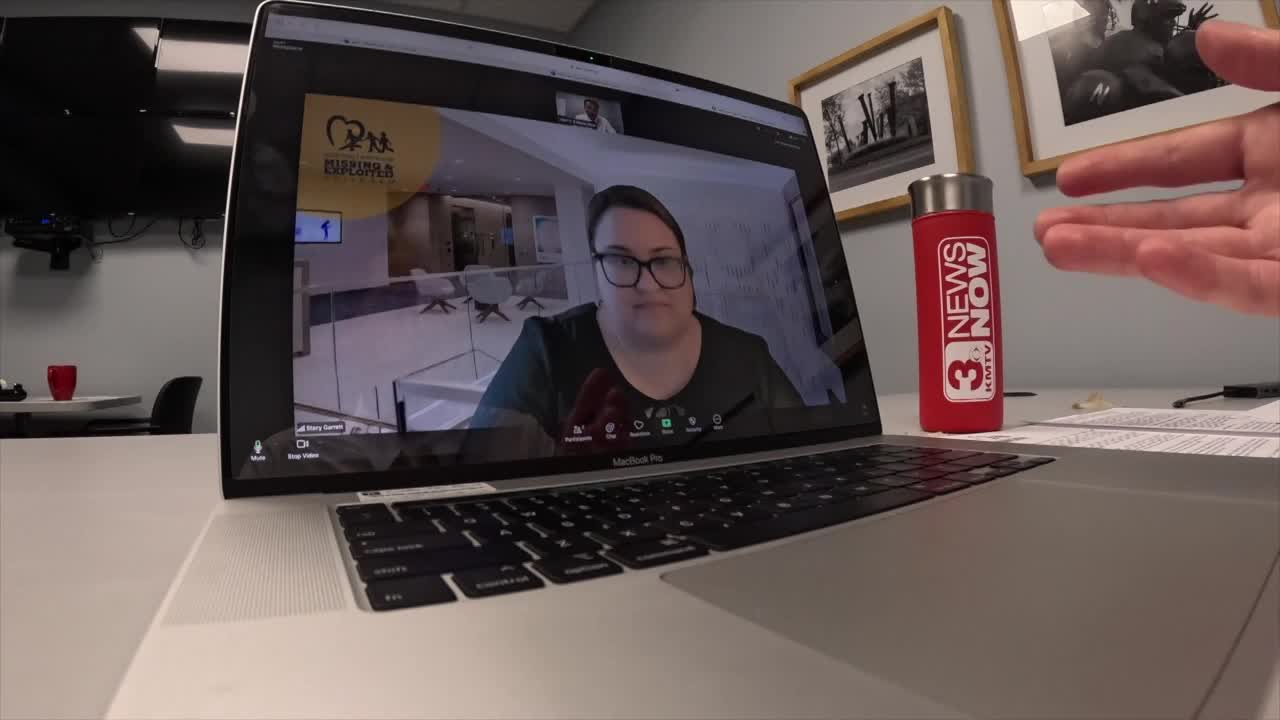IOWA (KMTV) — As kids get the new school year started the Iowa Attorney Attorney General's Office is warning parents and schools about the dangers of deepfake artificial intelligence. Deepfakes are realistic but fake images and videos created through generative AI.
The Iowa Attorney General Brenna Bird says there's been a rise of using deepfakes to create non-consensual nude or sexually explicit images of students. It's a crime at the state and federal level.
- According the the National Center for Missing & Exploited Children, there was a 1,325 percent increase in CyberTipline reports involving generative AI.
- The NCMEC says parents need to educate themselves about this and have conversation with their kids.
- There are several resources on NCMEC's website that can help you educate yourself and develop those conversations, along with what you can do if it happens to your child.
BROADCAST TRANSCRIPT
Back in June, I told you about the rise of generative artificial intelligence and how its hurting neighbors. Compared to last year, generative AI scams are up 456 percent.
Well, its not just scams — its posing a threat to children.
As kids get the school year started, the Iowa Attorney General's Gffice sent a release out warning parents and schools about the dangers of deepfake AI images. Deepfakes are realistic but fake images and videos created through generative AI.
The Iowa AG says there's been a rise of using deepfakes to create non-consensual nude or sexually explicit images of students. This is a crime at the state and federal level.
So I got in touch with the National Center for Missing & Exploited Children. They tell me in 2024 there was a 1,325 percent increase in CyberTipline reports involving generative AI.
"We're really starting to see this widespread access where even kids can access nudify apps, create explicit imagery of their peers," Vice President of Content & Community Engagement for NCMEC Stacy Garrett said, "So what's happening is parents are learning at the same time that kids are."
I asked what families need to do.
"The most important thing that parents can do is one, educate themselves about this. We have resources on our website that can help you prepare for conversations with your kids." Garrett said.
"And then number two is those conversations. You want your kids to know what the risks are but also want them to know that if something happens you are there for them and that there are tools that can help."
Another important tool you can find on the website is called 'Take It Down'. By reporting through take it down, online platforms are notified and can stop the circulation of images. It is also crucial to report it to local law enforcement.




